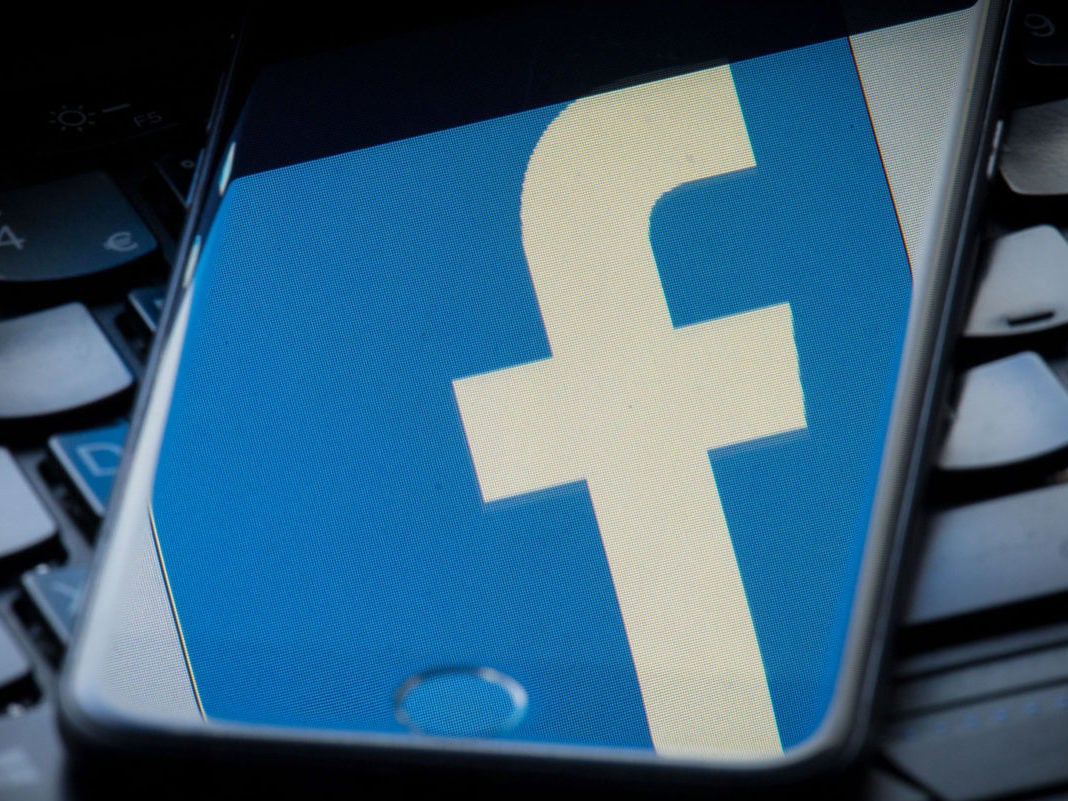
Facebook has failed to stop state media outlets owned by China from posting “clear disinformation, conspiracies and propaganda” about the invasion of Ukraine on its platform, a new report has found.
Research by non-profit the Center for Countering Digital Hate (CCDH) uncovered posts containing “extreme” Ukraine-related misinformation on the Facebook pages of CGTN, Global Times, Xinhua News and T-House, four outlets Facebook had previously tagged as Chinese state-controlled media. Between them the four outlets count 283 million followers.
Among the false claims the CCDH researchers found were:
- Ukrainian president Vladymyr Zelenskyy is controlled by financier George Soros
- NATO expansion is comparable to Hitler’s attempts to control Ukraine
- The US is attempting to cover up its operation of “biolabs” in Ukraine and around the world
- The US is using neo-Nazi groups to “suppress its rivals” in Ukraine
- The US is profiting financially from Russia’s invasion of Ukraine.
The study found that for the three outlets (CGTN, Global Times and Xinhua News) for which engagement data was available, over 1,700 Facebook posts about Ukraine published this year had so far garnered 4.8 million likes, comments and shares from users. Posts from Chinese TV news broadcaster CGTN accounted for three quarters of the engagement. Although the report highlights numerous examples of disinformation, not all the Ukraine posts necessarily contained false claims.
Press Gazette’s own analysis earlier this month of fake news concerning the war in Ukraine found that almost two-thirds of more than 600 unique instances of false or misleading claims listed in the International Fact-checking Network’s #UkraineFacts database were spread on Facebook, more than any other channel.
Many of the more inflammatory claims in posts uncovered by CCDH researchers were found on the page of T-House, an analysis and opinion-led site owned by CGTN. According to T-House’s Twitter biography, the outlet aims to "expose Western hypocrisy" and set its "own path to bring you a new perspective on today's world and reveal a China you have never seen before."
Claims on T-House's page included a post alleging that the US is the "dirty hand that feeds Azov Battalion", a far-right militia group in Ukraine. Another post meanwhile says "it is deplorable that the U.S. should take the suffering of the Ukrainian people as an opportunity to advance its own political agenda and further its self-serving Cold War narrative".
CGTN posts, which while the researchers said were generally more neutral in tone, still included anti-US allegations. Among them was an article from February claiming that the US had pushed its western allies to take sides in the Russia-Ukraine conflict.
Last month, Meta announced it would be clamping down on Russian state propaganda by banning Russian state-owned media outlets from selling advertisements on its platforms. It has also restricted access to RT and Sputnik from its platforms across the EU.
But despite clamping down on Russian media, little has been done to stop media from countries friendly with Russia from buying ads that help promote a pro-Kremlin line on Facebook. Axios recently reported on CGTN's live adverts that present Kremlin messaging on the war.
Meta's policies state that users can search the company's 'Ad Library' for all ads that are live on its platforms as well as inactive ads "that are about issues, elections or politics". To help tackle electoral interference for such ads Meta says the Ad Library will also show who funded it, how much was spent and the ad's reach.
In a separate search, CCDH analysts however, found that the vast majority (88%) of 50 Facebook and Instagram adverts placed by Chinese state-owned outlets between 4 March and 16 March were not available in the database once the ad was no longer live. These included advertisements containing claims that the US and NATO wish to prolong the war in Ukraine and that it was"Ukrainian radicals" and not Russia which was responsible for attacks on Zaporizhzhya nuclear plant in southeastern Ukraine.
Just six of the 50 ads meanwhile displayed who they were targeted to or how much they had been bought for.
A 2021 investigation by Press Gazette revealed how Facebook has in the past taken money from China to promote propaganda - in that case by allowing Chinese state media to place ads playing down the plight of Uyghur Muslims.
Chief Executive of the CCDH Iman Ahmed said: "Meta has been forced to improve the enforcement of its rules when it comes to Russian state media. But it turns out it’s perfectly happy to allow Chinese state media to pump out vast amounts of dangerous disinformation designed to undermine global solidarity against this war of aggression.
"This shows that Chinese state media are far from a neutral voice in this conflict. This is a concerted, coordinated campaign to push the false narrative that this conflict was instigated by someone other than Vladimir Putin.
"It is critical—for the sake of an open, informed public discussion—that the public has access to information about paid-for advertising relating to current affairs, elections and politics. We discovered that Meta has sought to cover up its greed and complicity by limiting scrutiny through their Ads Library."
A spokesperson from Meta told Press Gazette that the report in their view was "irresponsible" and that the claims were "misleading".
The spokesperson added: "While ads like these run across many platforms, including television, we are taking extensive steps to fight the spread of misinformation on our services in the region, labeling content from state-controlled media entities, and continuing to consult with outside experts to make sure that our policies and our approach remain in the right place."
Email pged@pressgazette.co.uk to point out mistakes, provide story tips or send in a letter for publication on our "Letters Page" blog
